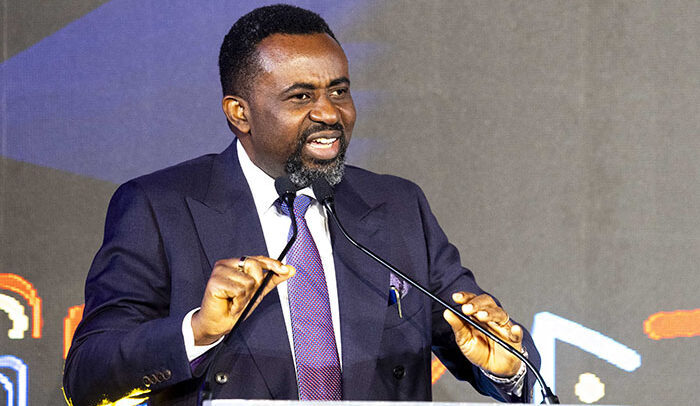By Prince Ahenkorah
Ghana’s central bank is preparing to open the gates to digital credit applications from 3 November, in a move that signals Accra’s intent to stake a firmer claim in Africa’s fast-evolving fintech landscape.
The announcement, made by Second Deputy Governor Matilda Asante-Asiedu at the MoMo Fintech Stakeholders Forum on 15 October, comes as global projections peg the fintech market at $400bn by 2028—with digital lending alone expected to top $1.3tn.
The Bank of Ghana (BoG), long seen as one of West Africa’s more proactive regulators, is now pushing to operationalise its Digital Credit Directive and roll out a virtual assets licensing regime.
The initiative is part of a broader strategy to formalise Ghana’s digital finance ecosystem, which has grown rapidly but remains unevenly regulated.
Asante-Asiedu framed the reforms as a balancing act between innovation and oversight. “We intend to operationalise the Digital Credit Directive and roll out our virtual assets licensing regime, while expanding financial literacy and redress mechanisms nationwide,” she said, hinting at the central bank’s desire to avoid the regulatory pitfalls that have plagued fintech sectors in Nigeria and Kenya.
The timing is strategic. Ghana’s mobile money sector continues to post strong growth, and the BoG is keen to channel that momentum into more structured credit access—particularly for SMEs, which remain underserved by traditional banking.
The digital credit rollout is expected to lower barriers to entry for borrowers, while giving regulators a clearer view of risk exposure in the informal lending space.
Behind the scenes, BoG officials are also watching regional developments closely. With the African Union’s Agenda 2063 and the Single African Air Transport Market (SAATM) pushing for deeper integration, digital finance is emerging as a key enabler of intra-African trade.
Ghana’s fintech ambitions are increasingly being framed not just in domestic terms, but as part of a continental play for relevance in the digital economy.
Still, challenges remain. While the BoG has made strides in consumer protection and financial literacy, questions persist about enforcement capacity and the readiness of smaller fintech players to meet new compliance standards.
The rollout of digital credit will be a litmus test not just for the central bank’s regulatory muscle, but for Ghana’s ability to lead in Africa’s fintech future.


